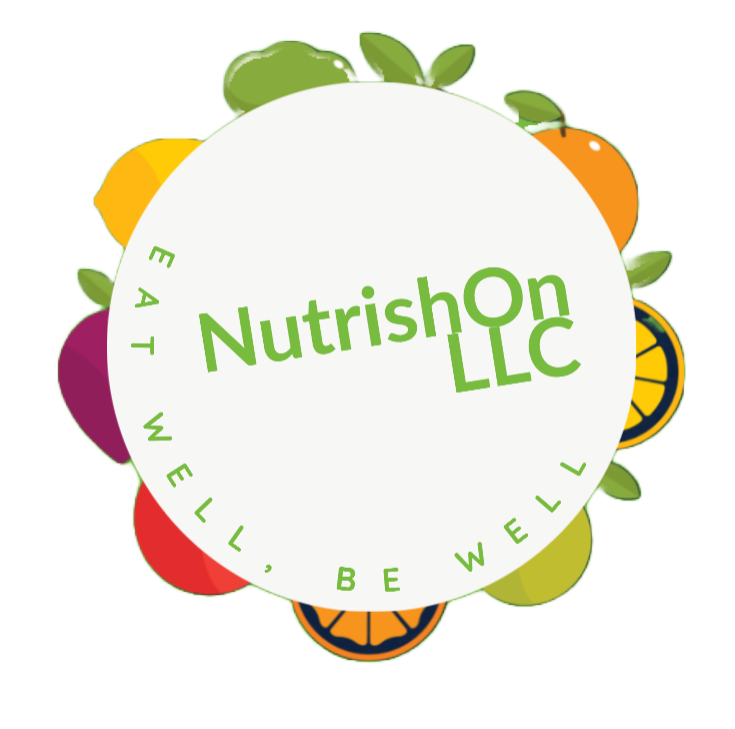Antioxidants and their Impact on Your Health
Antioxidants have been hyped up in the health and wellness space for over twenty years. Many food companies will tout the health benefits of their products claiming they have “antioxidant, free-radical-fighting abilities”, but what exactly does that mean?
Free radicals are unstable oxygen molecules; they are missing an electron in their outer shell so they seek to steal an extra electron from your body’s cells which causes damage to that cell and the cells surrounding it. Free radicals create oxidative stress in your body which can produce signs of aging. A build-up of free radicals in your body creates damage to even your DNA, which can lead to sun spots on your skin, or even skin cancer, and oxidative stress on blood vessels can lead to poor circulation or even heart disease. Some diseases which are linked to oxidative stress and free radicals include: auto-immune diseases, cancer, cataracts, Rheumatoid arthritis, heart disease, and neurogenerative diseases such as Alzheimer’s disease. According to the National Institutes for Health, antioxidants are also unstable molecules. They are able to donate an electron to free radical molecules, thus neutralizing them and reducing their ability to cause damage in your body; antioxidants have the ability to delay or totally prevent cellular damage through their ability to scavenge free radicals.
You can’t completely avoid free radicals, but you can do your best to limit exposure. Some ways to protect yourself from free radicals include: stress management, limiting sun exposure (and utilizing sunscreen), limiting intake of alcohol, and by not smoking. Stress management tactics can be as simple as setting aside time to meditate or work on guided breathing, or reading your favorite book, or simply taking a walk. The sun produces ultra violet (UV) rays which can cause damage to our skin if we do not cover up with sunscreen. Alcohol reduces the level of antioxidants available in your body and increases free radical activity.
Your body naturally creates some antioxidants, but a diverse diet full of fruits, vegetables, whole grains, seeds and nuts, and lean protein sources can help minimize your risk of damage caused by free radicals and oxidative stress. Some antioxidants include: Vitamin C, Vitamin E, Beta Carotene, Selenium, Zinc, and Phenolic compounds. How do you tell if a food is packed with antioxidants? The color! Different colors in natural food represents the antioxidant power within!
· Good sources of Vitamin C include: broccoli, brussels sprouts, blueberries, cauliflower, cantaloupe, grapefruit, leafy greens, kale strawberries, sweet potatoes, bell peppers, tomatoes, and citrus fruits.
· Good sources of Vitamin E include: almonds, avocado, sunflower seeds, oatmeal, legumes (beans, lentils), peanuts, red pepper, and leafy greens
· Good sources of Beta carotene include: apricots, cantaloupe, mangos, carrots, grapefruit, bell peppers, asparagus, beets, kale, orange, peaches, pumpkin, squash, sweet potatoes, tangerines, tomatoes, and watermelon
· Good sources of Selenium include: eggs, tuna, salmon, brown rice, onions, poultry, shellfish, and beef
· Good sources of Zinc include: beef, poultry, oysters, shrimp, sesame seeds, pumpkin seeds, chickpeas, lentils, cashews, and fortified cereals
· Good sources of Phenolic compounds include: apples, onions, tea, cocoa, berries, grapes, peanuts, oregano, thyme, and rosemary
Supplementation of antioxidants can produce unwanted results because high doses of antioxidants can be harmful. For example, high doses of beta-carotene supplementation can increase the risk of lung cancer or cardiovascular disease—particularly in smokers. Another example is that when taken in high doses, Vitamin E supplements can increase the risk of bleeding by reducing your body’s ability to form blood clots in the event of injury. Before taking supplements, please discuss with your doctor or a registered dietitian nutritionist to ensure you are taking a trusted supplement and that it is right for you. All of this is to say: supplements can cause more harm than good, unless you have proper guidance to start with.
